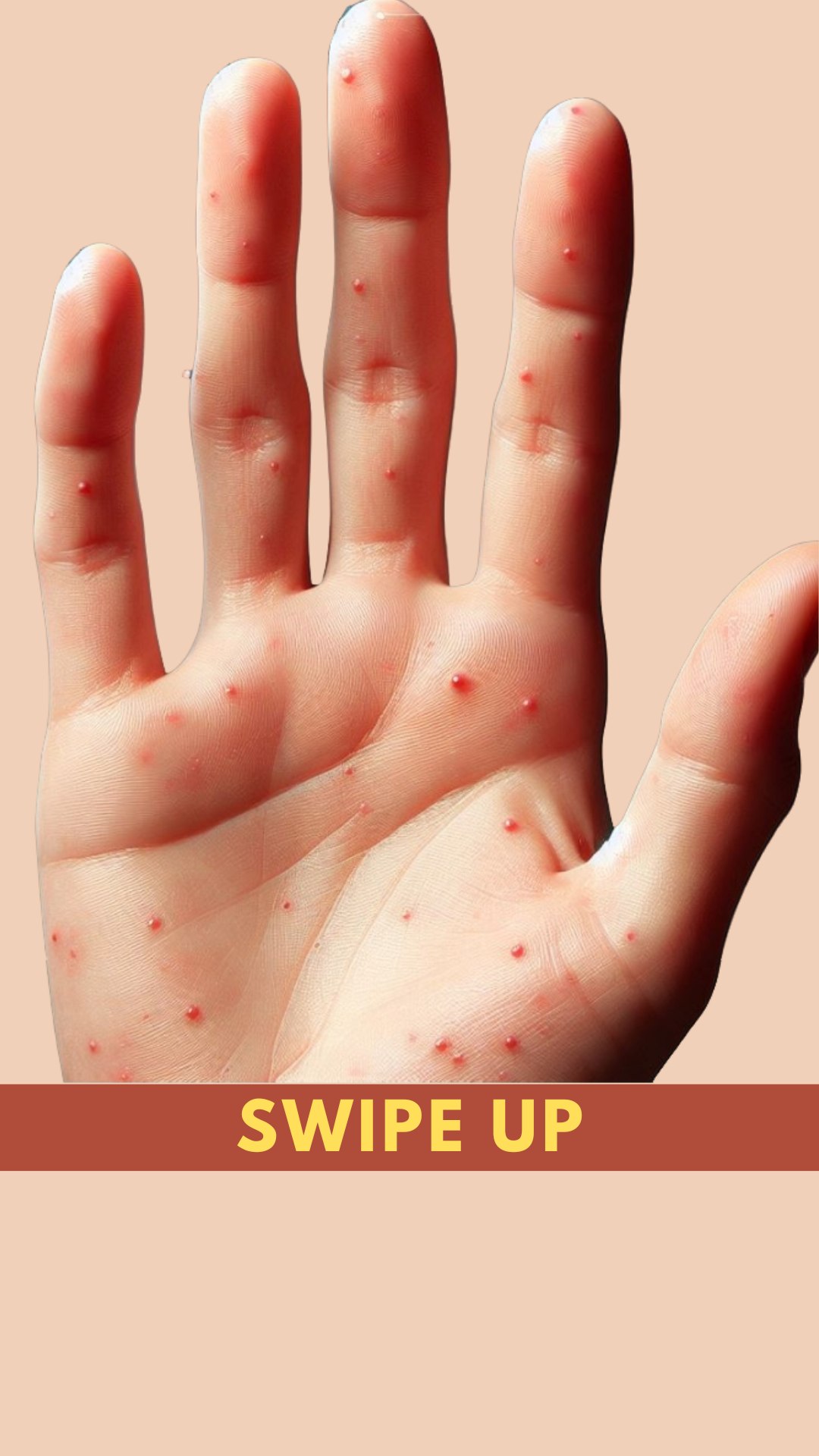Characterized by redness, dryness, itching, and sometimes blistering on the hands, this condition can be both uncomfortable and unsightly. Understanding its causes, symptoms, and treatment options is crucial for managing and alleviating its effects.
Causes:
Hand eczema can be caused by a variety of factors, including genetics, environmental triggers, and lifestyle choices. Individuals with a family history of eczema or other allergic conditions are more likely to develop hand eczema. Exposure to irritants such as harsh chemicals, soaps, detergents, and solvents can also trigger or exacerbate symptoms. Additionally, frequent hand washing or exposure to water can strip the skin of its natural oils, leading to dryness and irritation.
Symptoms:
The symptoms of hand eczema can vary from person to person but often include:
– Redness and inflammation
– Dry, cracked skin
– Itching and burning
– Blisters or oozing
– Thickened, scaly skin
These symptoms can range from mild to severe and may come and go over time.
Treatment:
Treatment for hand eczema aims to reduce inflammation, relieve itching, and restore the skin’s barrier function. Here are some common treatment options:
1. **Topical Steroids:** These are often prescribed to reduce inflammation and itching. They come in varying strengths, and your doctor will recommend the appropriate one for your condition.
2. **Emollients:** Moisturizing creams and ointments can help hydrate the skin and restore its natural barrier. Regular use can help prevent flare-ups.
3. **Avoiding Irritants:** Identifying and avoiding triggers such as harsh chemicals, soaps, and detergents can help prevent flare-ups.
4. **Protective Measures:** Wearing gloves when working with irritants or when exposed to water can help protect the skin.
5. **Phototherapy:** In some cases, light therapy may be recommended to help reduce inflammation and improve symptoms.
6. **Oral Medications:** In severe cases, oral medications such as corticosteroids or immunosuppressants may be prescribed.
Prevention:
While it may not be possible to prevent hand eczema entirely, there are steps you can take to reduce your risk:
– Avoiding known triggers such as harsh chemicals and irritants
– Moisturizing regularly to keep the skin hydrated
– Wearing gloves when working with irritants or when exposed to water
– Using mild, fragrance-free soaps and detergents
– Avoiding frequent hand washing when possible
Conclusion:
Hand eczema is a common skin condition that can be both uncomfortable and frustrating. However, with the right treatment and preventive measures, it can be managed effectively. If you are experiencing symptoms of hand eczema, it is important to consult with a dermatologist for an accurate diagnosis and personalized treatment plan.
